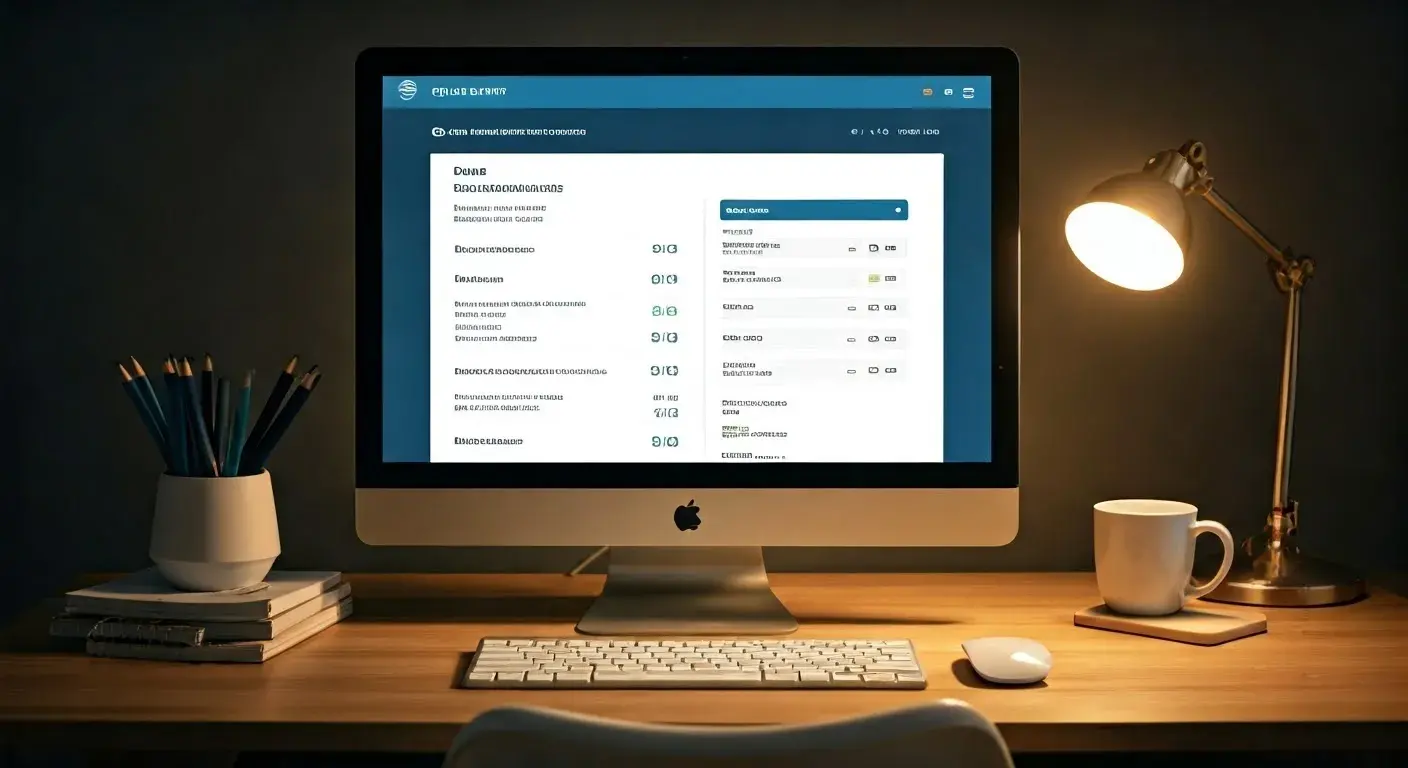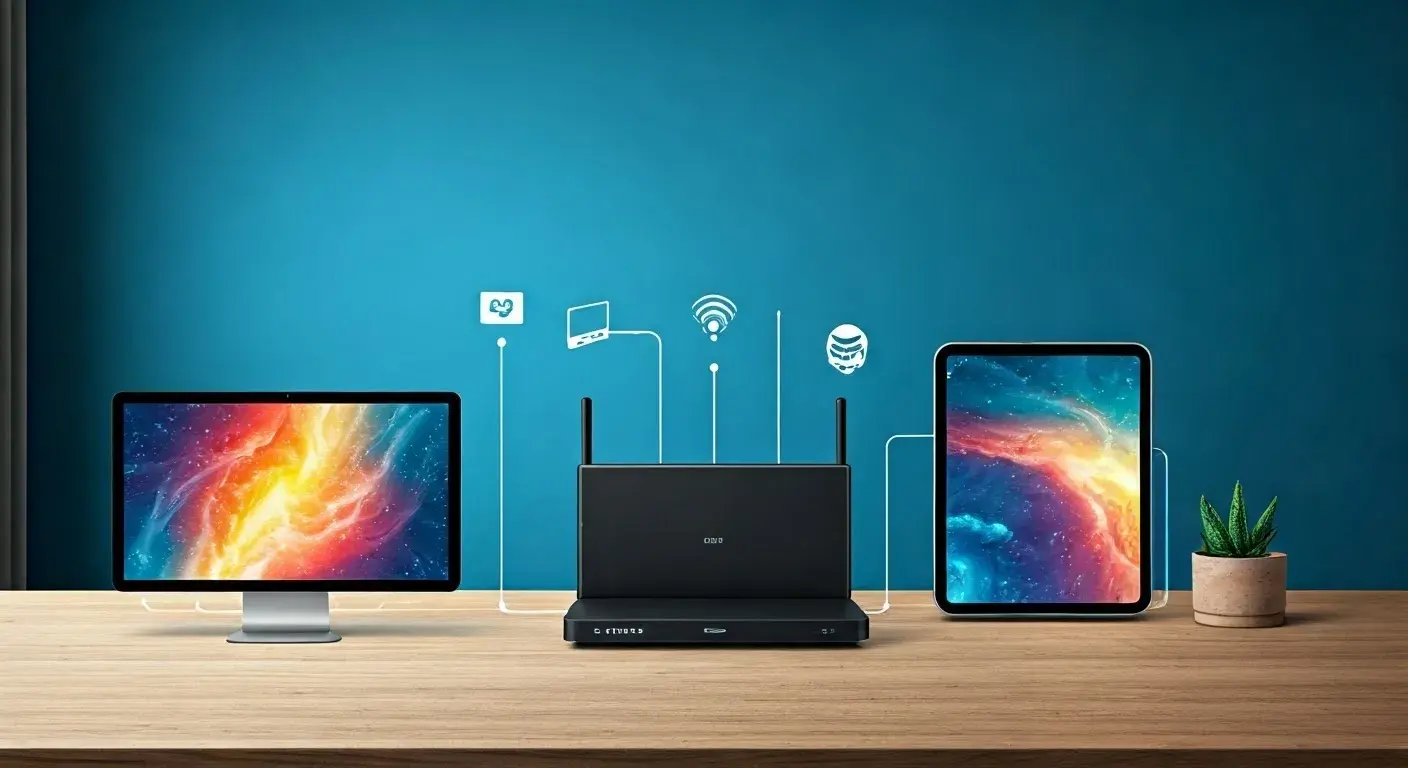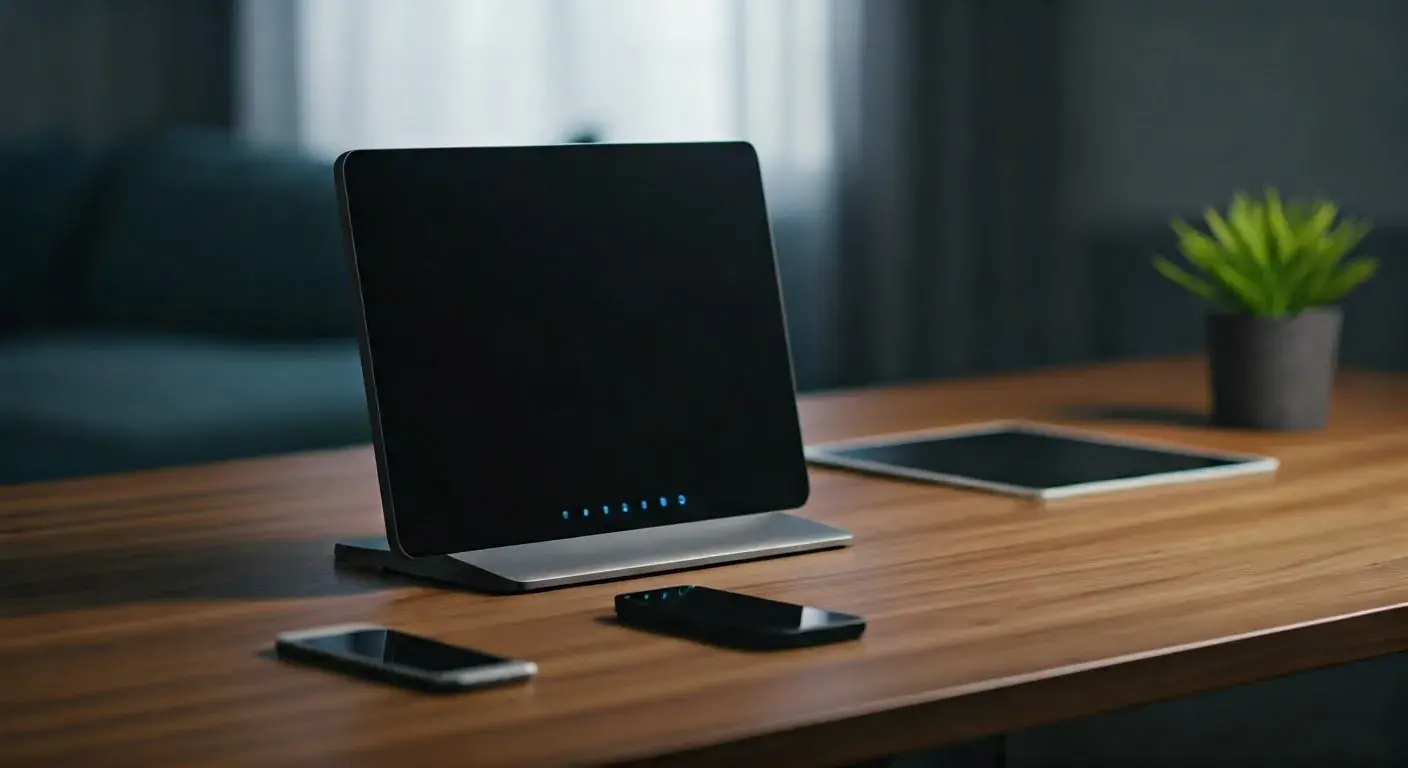Why is my AT&T internet bad?

Everyone abhors a slow connection to the internet service as it makes everything very time-consuming. There are several reasons why your internet speed on the AT&T internet connection could be slow, and you may want to look into them.
Another factor that can lead to a lack of internet speed in AT&T Internet is the use of an outdated modem. In the long run, the technology improves, and your internet hardware may not be efficient enough to accommodate such improvements. This is because you may find that your modem is not compatible with AT&T’s newest, highest-speed internet plans. To get the maximum possible speed, you must use only AT&T’s modem, which should not be more than 5 years old.
The speed you get from your network also depends on the location and setup choices. Performance will be sluggish if your router is located somewhere other than where you are accessing the internet or has too many connections. Moving the router to the central region of the home would help to solve this problem by guaranteeing that the gadget is above the ground and thereby removing any possible influence. Additionally, you should make sure the router is broadcasting 2.4 GHz and 5 GHz, that the firmware is current, and that the router has automated channel selection for the optimal connection.
Problems with the AT&T network itself can also sometimes be the cause of the problem at hand. The problem might be due to internet traffic or outages that are present in your neighborhood. Go to AT&T’s online outage map and get in touch with the company if your locality appears to be having connectivity problems. This is usually not perfect, but it is often in the short term. Understand that all these issues are among the company’s priorities at AT&T.
Interference from neighbors can also be a source of congestion in Wi-Fi networks. If you live in a multistoried building or a crowded neighborhood, many other wireless networks nearby might slow things. It may help to change to a different channel on your router that is not as crowded as well. It may also be useful to call your neighbors and tell them to check their routers' settings for such connections.
Even within your home, a great number of connected devices can cause slow internet. Devices such as streaming boxes, smart home devices, tablets, and phones will always be chattering in the background, using up bandwidth. It may be possible to alleviate the situation by temporarily unplugging some of the devices to check if the speeds increase. If so, you may have a plan with AT&T, and it may not have the capacity for your usage levels. Perhaps, the problem could be solved by increasing one’s subscription plan to a higher level.
Outages are, therefore, another clear issue, but they should be acknowledged as well. Natural catastrophes, road accidents, equipment breakdowns, and other events influencing your area can render AT&T unreachable. Usually, out of your control, something occurs, and there is not much one can do but wait for the matter to be cleared up. Just make sure you get in touch with AT&T so they are aware of it and may quickly restore everything to normal.
However, slow browsing speeds rarely stem from your home Wi-Fi network or AT&T’s network infrastructure. The wide use of the internet also resulted in the delay as well, apart from the heavy usage of the WWW. For instance, many users watch a new show release at once, which could slow down the process. As for widespread or chronic problems at peak hours, it is advisable to attempt again at a later time.
If your neighbors seem to have better AT&T speeds, then it could be due to such factors as poor internal wiring or connection points. A technician from AT&T can come to assess the lines and outlets at your home to diagnose any issues. An immediate improvement might be achieved with the upgrading of interior wiring and connections.
To narrow down what’s behind your slow AT&T internet, take methodical steps: To narrow down what’s behind your slow AT&T internet, take methodical steps:
- Go to AT&T’s website and search for network problems in your region
- Reset the primary router and modem
- Settings that can be toggled include Wi-Fi channel, firmware, and dual-band on the router.
- Analyze router placement and, if necessary, make changes.
- When this happens, the network administrator must disconnect the devices and then reauthorize them one by one.
- Ensure that you complete various speed tests while directly connected to the modem.
- Try contacting AT&T support service to check for any problems.
A log of what was attempted, when slowdowns are experienced, and your speed test will assist AT&T support in diagnosing issues. It helps them to have concrete data when they try to determine your particular case in their broad generalization.
If you cannot troubleshoot speed issues on your own, do not hesitate to contact AT&T's support teams. Paying for reliable high-speed internet means you deserve the service to work as expected when you need it. From their end, AT&T representatives can view technical data, talk to local infrastructure teams, dispatch technicians, and possibly give a discount or an upgrade if they cannot make the advertised speeds.
Although it might frustrate one to the extreme, in solving slow internet issues, effort should be made to address possible causes without getting immensely annoyed. After some time, you should be in a position to identify what is causing your slow AT&T internet speed.
Upgrade to faster, more reliable AT&T Fiber Internet today! Call us at +1 844-905-5002 and get connected with speeds that keep you ahead.





